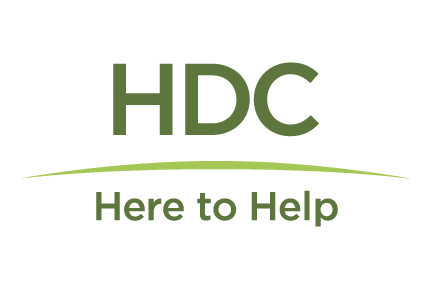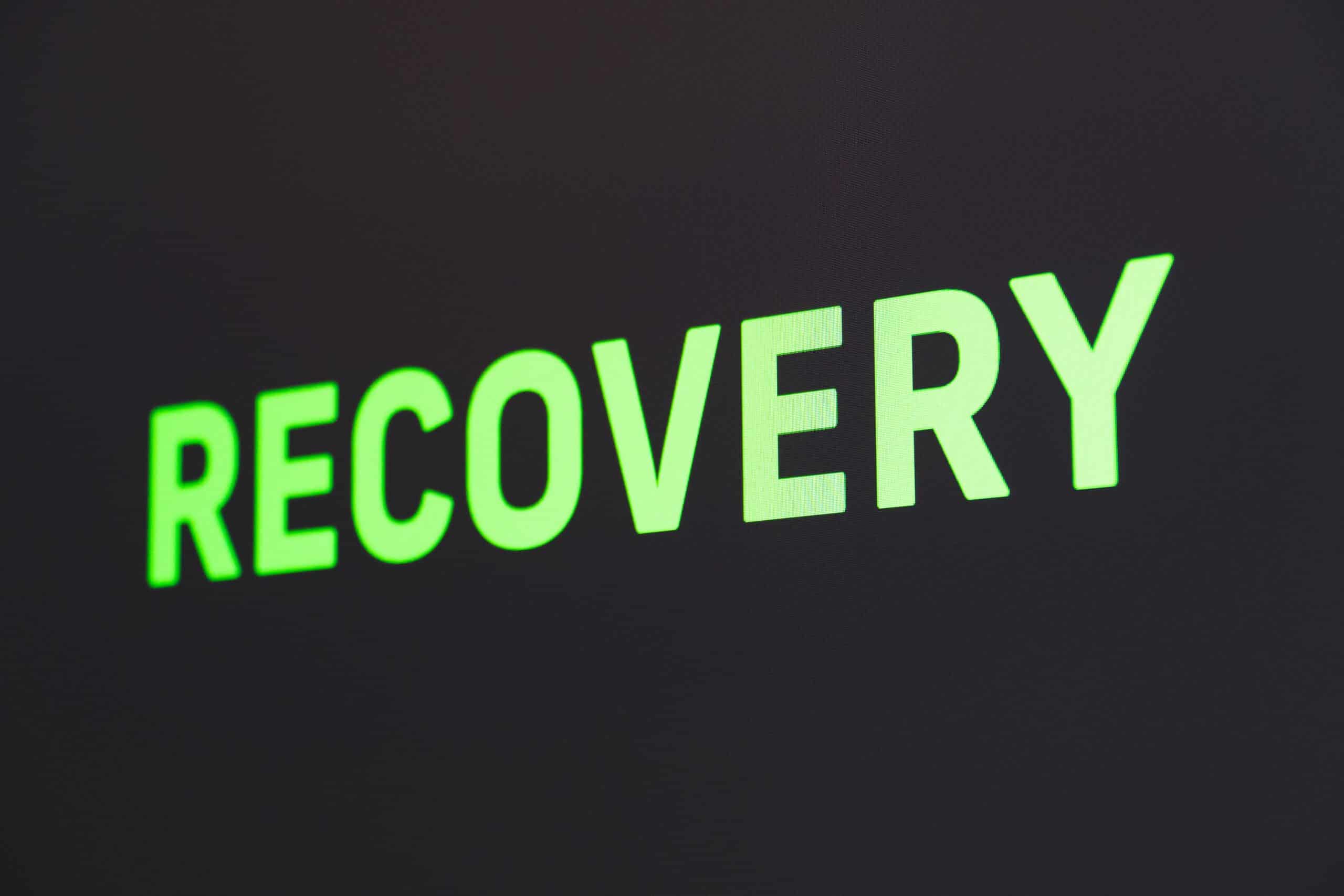In a world fueled by instant gratification, where everything from fast food to free 2-day shipping caters to our desire for immediate satisfaction, it’s no wonder that chemical dependency has become a significant issue in our communities. We’re wired to want what we want, and we don’t want to wait. This impulse-driven culture has only been exacerbated by the isolation brought about by the recent pandemic. St. Louis County, like many other places, faces the grim reality of continually increasing overdose numbers.
But amidst these challenges, there is hope. September is Recovery Month, a time for us to shed light on an issue that has long been shrouded in darkness. At the Human Development Center (HDC), we want to share what this month means to us and how we aim to change the narrative surrounding addiction.
Recovering individuals in our community know all too well what it feels like to be judged or misunderstood because of their substance abuse. It’s high time we shift our perspective. Instead of casting addiction into the shadows, let’s work together to bring it into the light.
At HDC, we firmly believe that those struggling with substance use are some of the most resilient, intelligent, and wonderful human beings. Our mission is to help them see the best in themselves and guide them on the path to recovery.
One critical step in changing the conversation around addiction is to recognize that it’s not a moral failing but a disease. We use the term “substance use disorder” because, like any other disease, it has common causes and symptoms. If you’ve battled substance use or other behavioral addictions, you understand the loss of control over your own decisions and the toll it takes on yourself and your loved ones.
If you’re reading this and feeling a sense of hopelessness, whether you’re personally struggling with addiction or you have a loved one who is trapped in the cycle of chemical dependency, please know that you’re not alone. Programs like HDC’s Recovery Services are here to bridge the seemingly insurmountable gap that exists when you’re fighting on your own. We believe that one of the most crucial aspects of recovery is connecting with others who understand your struggles, who’ve walked in your shoes, and who know what it’s like to feel lost and alone.
Connection takes various forms, including traditional treatment, local support meetings, recovery community events, and more. So, what can you do to be a part of this change and support those in recovery?
- Remember, addiction is not a choice. Educate yourself and those around you about the nature of addiction as a disease.
- Connect with local recovery-based organizations. Reach out to groups like Recovery Alliance Duluth at (218) 576-6005 for valuable resources and support.
- Learn how to use Narcan and carry it with you. Contact RAAN at (218) 481-7225 to understand how Narcan can save lives in overdose situations.
- If you’re struggling with substance use, seek support. There are various avenues, from 12-step meetings to formal treatment. You can contact Duluth area intergroup at (218) 727-8117 to find the right support for your journey.
- If you have loved ones dealing with addiction, attend support meetings. Consider organizations like Alanon and Thrive Family Recovery Resources for the help and understanding you need.
Above all, never lose hope. You are not alone on this journey. Recovery is possible, and together, we can bring addiction out of the shadows and into the light, creating a more compassionate and supportive community for all.


